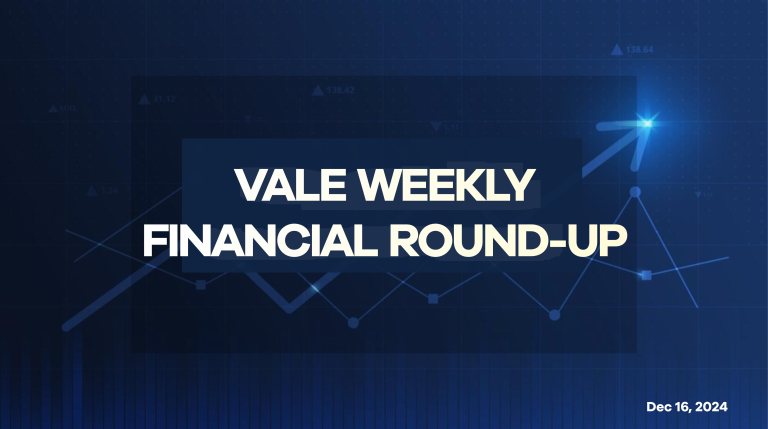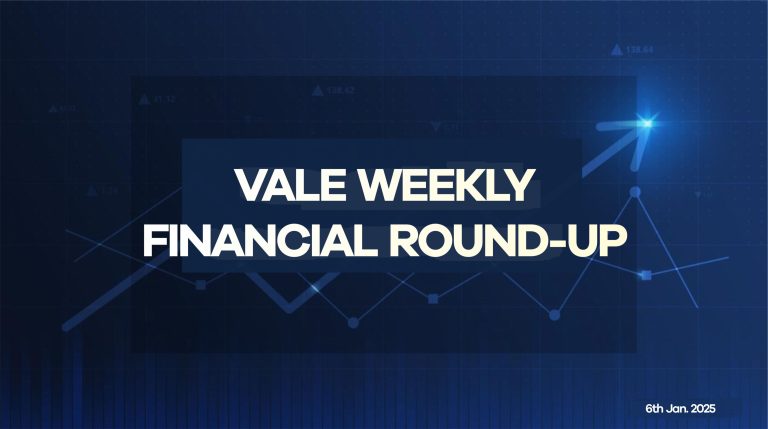Fear of Lack: Overcoming the Anxiety of Spending Your Money
Some people think the biggest problem with money is not having enough of it. But there’s another side to the story: having more than enough yet living as though you have none.
It doesn’t always look like a problem at first. You tell yourself you’re just being responsible, avoiding waste, thinking ahead, and protecting your future. But somewhere along the way, that caution starts to feel less like discipline and more like a tight grip you can’t loosen. Even when you can easily afford something, the thought of parting with money stirs unease, as if every purchase is a threat to your financial security.
This is the fear of lack, a habit that can linger long after the days of real financial struggle are over. Maybe it came from growing up in scarcity. Maybe it grew out of a season where every naira counted, and every expense was a risk. Whatever its origin, it convinces you that money must be guarded so tightly that even reasonable spending feels dangerous.
It’s easy to forget that money is meant to serve you, not the other way around. Because you have allowed fear to change the balance of power. You might find yourself declining invitations, shelving plans, or always opting for the bare minimum, telling yourself you’re being wise, when in reality, you’re just being ruled by an invisible scarcity that no longer exists.
The fear of lack convinces you that satisfaction should be postponed indefinitely until you’ve earned “just a bit more,” until you’ve reached “the next goal,” until life finally feels safe enough to relax. But life rarely sends a clear signal that it’s safe.
Here’s the truth: setting aside money just to get yourself something you genuinely want is not reckless. It’s not going to ruin your life. When planned intentionally, it’s part of a healthy financial routine.
What you need is balance. You don’t have to drain your savings for a splurge, but you also don’t have to live in a constant state of self-denial. By setting aside funds for your needs, whether it’s 5% of your income or a fixed small amount each month. Because when you know your savings are intact, your bills are covered, and your goals are on track, buying that nice meal, booking that mini trip, or upgrading something you use daily won’t feel like sabotage.
At its core, money is a tool, and tools are meant to be used. But when the fear of lack takes over, it traps you in a cycle of worry and restraint, keeping you from truly enjoying what you’ve worked so hard to earn.
You deserve better than living in constant caution or postponing satisfaction indefinitely, always waiting for that “perfect” moment that may never come. So take a moment to reflect honestly on your relationship with money.
Breaking free from the grip of lack is about understanding that a healthy financial life includes room for both saving and enjoying the fruits of your labor.
When you do this, you won’t just be surviving financially, you’ll be living fully. You’ll open the door to experiences, comforts, and joys you might have thought were off-limits. You’ll be able to say yes to the things that matter to you, not because you’re careless, but because you’ve planned well.
NOW TO THE NEWS
Foreign Transactions Surge 113% on NGX in H1 2025
The Nigerian Exchange Limited (NGX) recorded a remarkable increase in foreign transactions during the first half of 2025 (H1’25), with total foreign trades hitting N1.14 trillion. A 113% jump from N540.48 billion in H1 2024. This growth was driven largely by heightened foreign outflows, attributed to global market uncertainties and attractive treasury bill yields prompting sell-offs. Foreign investors traded equities worth N576.09 billion, up nearly 85% from the previous year, though outflows exceeded inflows, resulting in a net negative foreign portfolio position of N16.84 billion.
Domestic investors remained the dominant force on the NGX, accounting for N3.06 trillion or nearly 73% of total market activity in H1’25, marking a 41.5% increase from the prior year. Institutional investors contributed N1.59 trillion, while retail investors traded N1.47 trillion. The total market value of transactions surged 61% year-on-year to N4.19 trillion, reflecting increased trading activity and concerns among market operators about the sustainability and quality of capital flows, especially given the rising foreign outflows and fluctuating retail participation.
Monthly data revealed fluctuating trading patterns, with domestic and foreign activities varying across the first half of the year. Retail participation peaked in May at N337.46 billion before dipping in June, while institutional trading remained robust. Foreign inflows and outflows fluctuated monthly, with outflows generally exceeding inflows, except for a slight recovery in June. Overall, the data underscores growing investor caution amid global and local economic dynamics impacting Nigeria’s capital market.
Nigeria’s Prime Lending Rate Inches Up to 18.19% as CBN Maintains Tight Monetary Policy
Nigeria’s average prime lending rate increased slightly to 18.19% in June 2025 from 17.96% in May, reflecting the Central Bank of Nigeria’s (CBN) decision to maintain the Monetary Policy Rate (MPR) at a firm 27.50%. The Monetary Policy Committee (MPC) stuck to its tightening stance despite calls from manufacturers for a gradual easing, as the bank intensifies efforts to tackle persistent inflation and stabilize the local currency.
The prime lending rate, which serves as a benchmark for various loans including business and personal credit, has fluctuated in response to economic conditions, monetary policy, and banking liquidity. After a series of increases in 2024 that raised the MPR by a total of 875 basis points, the prime lending rate rose accordingly, closing last year at 18.56%. Historically, Nigeria’s prime lending rate reached a high of 19.66% in 2009 and a low of 11.13% in 2021.
Meanwhile, the latest data reveal significant variation in banks’ prime lending rates, with some institutions charging as high as 32.5%, highlighting a challenging borrowing environment. Analysts warn that these elevated rates, driven by the rising MPR and ongoing macroeconomic difficulties, present serious obstacles for businesses especially small and medium enterprises that rely heavily on credit to operate and expand.
Lagos Dominates 58.5% of EMTL Revenue
Lagos State accounted for a dominant 58.5% of Nigeria’s non-import Electronic Money Transfer Levy (EMTL) collections in June 2025, according to data from the Federal Inland Revenue Service (FIRS) and the Central Bank of Nigeria (CBN).
The total EMTL revenue for June stood at N30.3 billion, a 5.4% increase from May, contributing to an aggregate N183.7 billion collected in the first half of 2025. The EMTL, a flat N50 charge on bank transfers of N10,000 and above, serves as a significant non-oil revenue source shared among federal, state, and local governments.
In related tax reforms, FIRS launched an electronic invoicing (e-invoicing) system on August 1, 2025, aimed at improving tax compliance and transparency for large taxpayers with turnovers above N5 billion. Early adoption has seen over 1,000 companies onboard the platform, with full integration expected by November. The initiative supports Nigeria’s broader goals of modernizing tax administration and reducing evasion, in line with global best practices.
Meanwhile, the Nigeria Extractive Industries Transparency Initiative (NEITI) raised concerns over high debt servicing costs in several states, including Kaduna, Ogun, Bauchi, and Cross River, which are using between 10% and 30% of their monthly federal allocations just to service debts. NEITI warned this fiscal strain limits funds available for grassroots development and called for stronger debt management, enhanced fiscal transparency, and reforms to the revenue sharing formula to ensure sustainable growth and equitable resource distribution across states.
CBN Set to Sanction FX Forward Contract Defaulters After Forensic Audit
The Central Bank of Nigeria (CBN) has completed an 18-month forensic audit into foreign exchange transactions under its Retail Secondary Market Intervention Sales (RSMIS) scheme, focusing on undelivered FX forward contracts. Conducted in collaboration with Deloitte and authorized dealer banks, the audit confirmed the authenticity and compliance of these contracts, leading the CBN to declare the matter closed and no longer open for review.
The audit aimed to protect Nigeria’s foreign exchange reserves, enforce market discipline, and ensure fair treatment of all market participants. The CBN emphasized its commitment to settling all valid FX obligations that comply with existing regulations, while urging banks and customers to maintain proper documentation and adhere strictly to foreign exchange laws.
Based on the audit findings, the CBN is considering legal action against parties found to have violated rules. It plans to collaborate with law enforcement and regulatory agencies to pursue civil, administrative, or criminal measures where necessary, reinforcing its resolve to safeguard Nigeria’s financial resources and promote transparency in the FX market.


